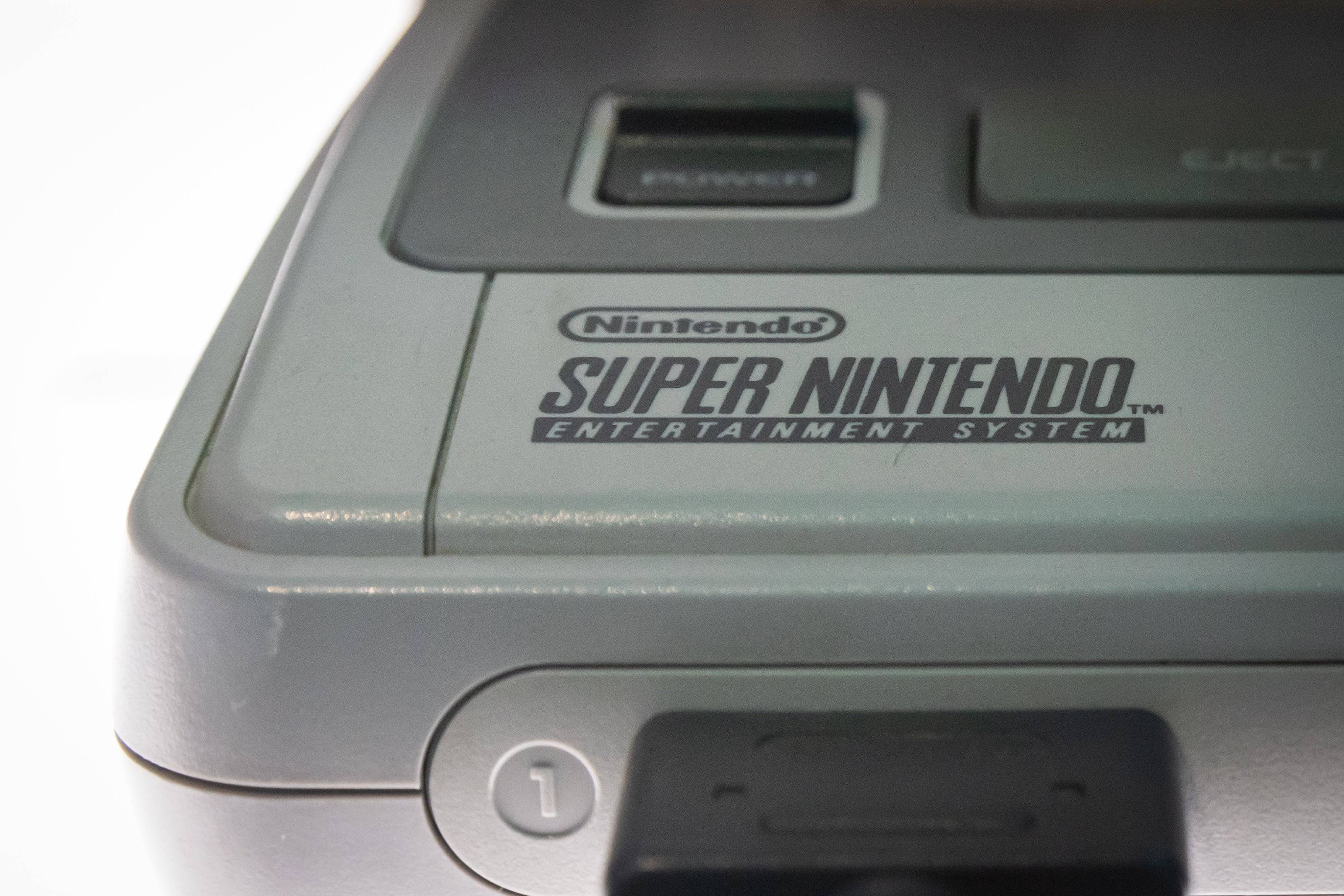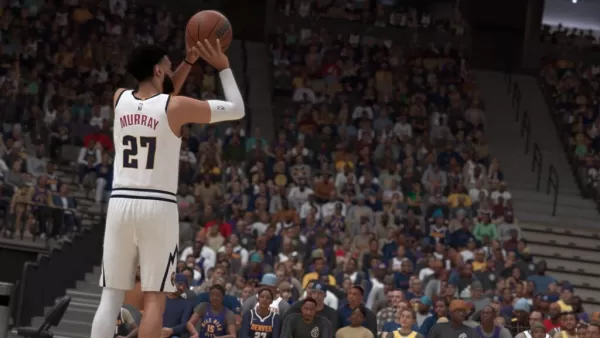The speedrunning community is currently buzzing over a fascinating technological phenomenon that suggests the Super Nintendo Entertainment System (SNES) is running games faster as it ages. In early February, Bluesky user Alan Cecil (@tas.bot) ignited discussions by claiming that the nearly 50 million SNES units sold worldwide are now performing better than when they were new, impacting games such as Super Mario World, Super Metroid, and Star Fox. This surprising development contradicts the typical expectation that technology would degrade over time.
While the notion of a console improving with age may seem far-fetched, Cecil's research points to a specific component responsible for this phenomenon: the SNES's audio processing unit (APU) SPC700. According to official Nintendo specifications, the SPC700 operates at a digital signal processing (DSP) rate of 32,000Hz, controlled by a ceramic resonator running at 24.576MHz. However, enthusiasts have discovered that the actual DSP rates vary, influenced by factors like temperature. These variations affect how audio is processed and sent to the CPU, subtly influencing game speed.
 The SNES appears to be getting faster with age. Photo by Aldara Zarraoa/Getty Images.
The SNES appears to be getting faster with age. Photo by Aldara Zarraoa/Getty Images.
Cecil's findings, based on over 140 responses from SNES owners, indicate a trend of increasing DSP rates over the years. Previously recorded average DSP numbers in 2007 were around 32,040Hz, but recent data shows an increase to 32,076Hz. This suggests that the SNES is processing audio faster now than it did years ago. While temperature variations do affect these rates, they are not significant enough to account for the observed changes. In a follow-up Bluesky post, Cecil shared that the average DSP rate rose by 8Hz from cold to warm conditions, ranging from 31,965 to 32,182Hz, yet the overall trend of increased rates persists.
Despite these intriguing findings, Cecil acknowledges that more research is necessary to fully understand why the SNES is processing audio faster and how this affects game performance. Historical data from the console's early years is scarce, making it challenging to draw definitive conclusions. However, as the SNES approaches its 35th anniversary, it seems to be aging remarkably well.
The speedrunning community is particularly interested in how this could impact their records. A faster SPC700 could theoretically reduce load times, potentially affecting leaderboard rankings. However, the impact on actual game speed is minimal, with even the most extreme scenarios likely shaving off less than a second from a typical speedrun. The effects on different games vary, and the community's research is still in its early stages. For now, speedrunners have little to worry about, but the phenomenon remains a topic of keen interest and ongoing study.
As Cecil continues to explore what drives the SNES's performance improvements, the console remains a vibrant part of gaming history. For more insights into its legacy, you can check out the list of best-selling consoles of all time.


 LATEST ARTICLES
LATEST ARTICLES 











